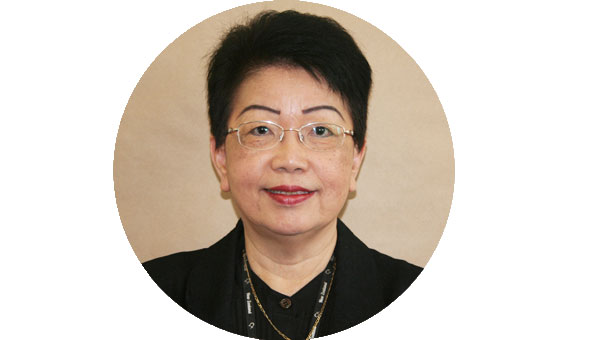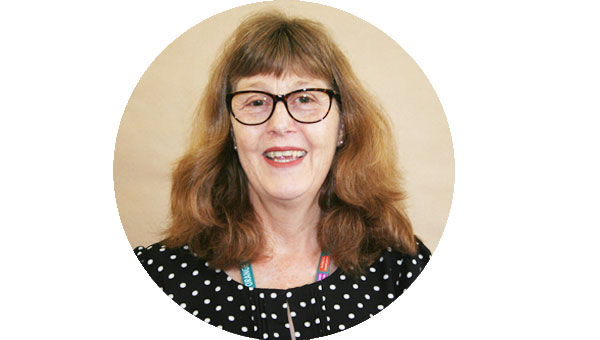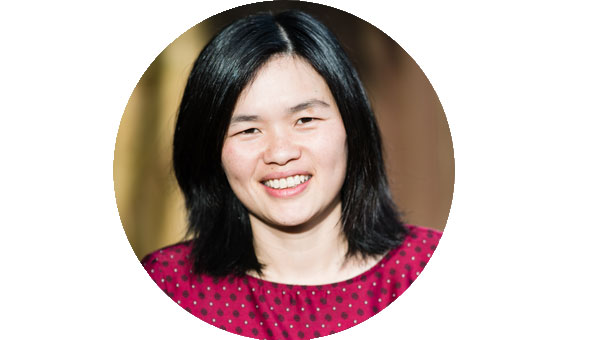Improving cross-cultural interactions between our health workforce and patients
Opportunity
New Zealand is culturally diverse with an increasing migrant population. In the health sector, misunderstandings due to cultural differences can have a significant impact on patient outcomes and experience.
The cultural competence of healthcare providers is central to the healthcare system’s ability to provide access to and delivery of high-quality healthcare and is instrumental in reducing health disparities. Specifically we want to address the quality of:
- interactions between health practitioners and clients who are from differing cultural backgrounds
- cross-cultural communication between employers and employees, as well as employees-to-employees in the workplace
Although, the Health Practitioners Competence Assurance Act (2003) required registration bodies to set standards for cultural competence; there were no training programmes available to teach health practitioners how to work with culturally and linguistically diverse (CALD) patients from Asian, Middle Eastern, Latin American and African backgrounds.
What is Cultural Competence?
Cultural competence refers to an ability to communicate and interact effectively with people of different cultures. It is not just about knowing another person’s culture. Competence involves the capacity to function effectively as an individual within the context of the cultural beliefs, behaviours and needs presented by patients and their ethnic communities.
Cultural competence comprises four components: cultural awareness, sensitivity, knowledge and skills.

Aim
To develop CALD cultural competencies in the health sector with a focus on the skills, behaviours and attitudes required for working with culturally, linguistically and religiously diverse groups.
CALD groups refers to culturally and linguistically diverse groups who are migrants and refugees from Asian, Middle Eastern and African backgrounds.
Intervention
In 2006, eCALD® Services developed four face-to-face CALD cultural competency training courses. Course design was informed by the Medical Council’s cultural competence standards and framework, and included:
- evidence-based content
- theoretical framework for recognising differences in cultural values, starting with awareness of our own cultural beliefs and attitudes
- theory, experiential and reflective learning
Digital Learning Model
In response to growing demand for flexible learning options, in 2009 we began development of a secure web-based, end-to-end LMS solution to track learners’ registrations, course enrolments, online study, and course completion to course evaluation.
Our comprehensive learning model now includes 12 face-to-face courses, eight online courses, and 12 online supplementary resources covering wide ranging cross-cultural topics.
Implementation
We developed and implemented the eCALD® learning model in stages by:
- assessing learning needs
- researching cultural content
- storyboarding
- producing multi-media and online courseware hosted on a secured LMS solution
- producing a brochure website
Impact
Course uptake and learners’ feedback is analysed to support continuous improvement of courses and resources. Since 2009, we rolled out our courses and resources in stages across the Auckland region and expanded to the health workforce nationally in 2015.
As at April 2018, we have over 26,000 people enrolled in eCALD® courses; on average there are 1,691 visitors (monthly) from over 150 countries visiting our website and accessing resources. Course evaluation results show all indicators achieving ≥ 80% (eg value of information learned; application in practice within two weeks). Independent evaluation conducted by the University of Auckland in 2012 and an evaluation of pre and post training in 2018 show an overwhelmingly positive impact on health practitioner’ cultural awareness, and importantly the application of their learning into practice as well as behaviour change.
Pre and Post CALD Training Evaluation Results
Team Members
- Sue Lim, eCALD National Programme Director
- Annette Mortensen, eCALD National Coordination + Project Manager
- Michelle Abbas, eCALD Web Developer
- Amy Cao, eCALD Course Coordinator
- Elena Wong, eCALD Course Coordinator

Sue Lim

Dr Annette Mortensen


